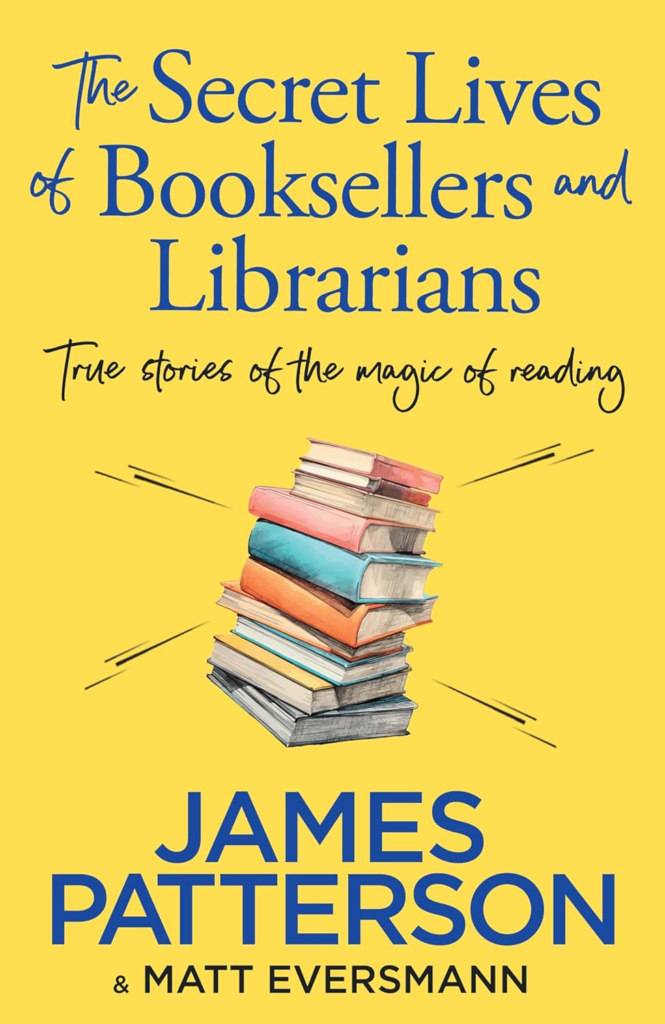What You May Not Know about Librarians
Book and Dagger: How Scholars and Librarians Became the Unlikely Spies of World War II, Elyse Graham

Elyse Graham is a professor and historian at Stony Brook University, which is part of the State University of New York system. In an interview with Tobias Carroll in October of 2024, she explained that she was researching the CIA and discovered the hidden role librarians and academics played in World War II espionage. She noticed that in the 1950’s and 1960’s, many of the recruits to the CIA had studied history and literature in college. When she looked into this unlikely situation, she found out that the professors in these departments had been spies during World War II. She found their stories fascinating and decided to write a book about their role in the OSS.
It is important to note that not all spy work is along the lines of a James Bond movie. Some of it involves research, the type of research that a librarian is trained to do. Remember that there was no Internet in 1942, no instant source of information. The book, however, is not a laborious sludge through the archives. Graham tells a lively story focused around three primary characters, real people who gathered valuable intelligence for the Allies.
In contrast to the disregard the Nazis had for books, Graham makes a point that, in a democracy, books and access to information are vital. She writes, “Because we’re on the eve of the 80th anniversary of World War II, it’s important to understand the role that libraries played in helping us to achieve this victory and the importance that libraries have — again, not just as centers of community and education, but as places that store information as centers of national security and national intelligence.”
Secret Lives of Book Sellers and Librarians, James Patterson

I did not know or had forgotten the movement that James Patterson started during the Pandemic. He pledged half a million dollars to shore up independent book stores so that they could survive during a time when many retail establishments did not. The campaign ended up raising $1,239, 595 from more than eightenn hundred donors. Why did so many people contribute to this effort? The stories that Patterson and Matt Eversmann tell in this book answer that question.
Of course, we all know what a great storyteller James Patterson is! He has always loved to read. His mother was both a teacher and a librarian who brought her children with her most Saturdays to the library. In writing this book, Patterson says that he realized for the first time how much work goes into being both a librarian and a bookseller. The rewards for their work is certainly not a monetary one. They get satisfaction from turning people on to books and getting feedback such as, “I loved that book you recommended. It really ……….” A little known fact is that every year, since 2015, Patterson has given a $500 holiday bonus to librarians and booksellers across the country. He reports that he almost always gets a thank you note.
Librarians in our country are particularly conflicted right now because of the pressures from book banning groups. And it isn’t just school libraries, although for right now, school systems are the focus. Patterson is diplomatic when he talks about people wanting to ban books. He says that some people don’t understand what librarians are all about and come to “these judgements based on nothing really.” A librarian featured in the book is a bit more direct. She writes, “Censorship fights are dependent on communites coming out to support intellectual freedom and on students participating in advocacy.” If you read Patterson’ book, you too will want to do what you can to support librarians!
